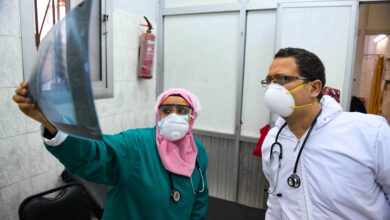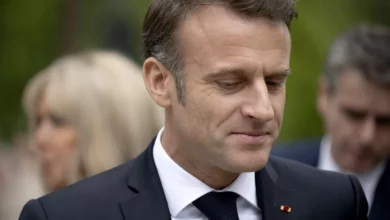
AMMAN (Reuters) – Jordanians began voting on Tuesday in elections set to keep parliament in the hands of tribal and pro-government deputies under a system that under-represents the cities where the Islamist and liberal opposition do best.
Across the country, banners of around 1,700 candidates fluttered from signposts appealing to 4.64 million eligible voters on mostly tribal and family loyalty.
The elections coincide with public discontent as Jordan grapples with its worst economic crisis in many years, with unemployment and poverty aggravated by the COVID-19 pandemic.
Politicians appealed to Jordanians to turn out and vote amid widespread apathy and calls for a boycott of what many see as an almost toothless tribal-dominated assembly packed with pro-government loyalists and powerless to make change.
“Our society is tribal but we have to encourage people to vote. I appeal to them to head to ballot boxes to make change,” Faisal al Fayez, a prominent politician and former premier and royal court chief, told state owned al-Mamlaka television.
Defying liberals and Islamists alike, the government has maintained an election law that under-represents large cities that are Islamist and Palestinian strongholds in favour of sparsely-populated tribal areas which form a bedrock of support for the kingdom’s Hashemite monarchy.
Tribalism has been on the rise as a political element in Jordan, blunting the emergence of national parties and curbing the influence of Islamists.
The ballot comes after King Abdullah dissolved parliament in September at the end of its four-year term and ended a debate over holding elections during emergency laws to curb the pandemic that critics said was used to stifle dissent and curb civil liberties.
Jordan faces the challenge of forging ahead with IMF-guided structural reforms to help recover from the pandemic’s impact on its aid-dependent economy.
The Muslim Brotherhood, the country’s main opposition group, say they are participating in the polls even though the electoral law keeps them marginalised to avoid being in the political wilderness and ensure vocal opposition to the pro-Western government.
Reporting by Suleiman Al-Khalidi, editing by Ed Osmond




